
Thanks for stopping by.
I’m Brian. I write, and get after as many other fascinations as I can haphazardly manage.
Some favorite words to live by:
“Draw the art you want to see, start the business you want to run, play the music you want to hear, write the books you want to read, build the products you want to use — do the work you want to see done.”
— Austin Kleon, Steal Like an Artist
Black Hole Sundown, Now Available •
Black Hole Sundown, Now Available •
Black Hole Sundown, my sixth collection of short stories and novellas, is now a tangible reality in the world, with Rue Morgue magazine calling it a “glorious last hurrah.”
Right now, its only format is the beautiful, near-600-page, hardcover limited edition. The dust jacket has the kind of matte finish that feels so pleasantly tactile I want to rub it against my face. And have. Don’t judge.
For further details, proceed here.
According to the publisher, Cemetery Dance Publications, an e-book edition will be coming before long, and a trade paperback in 2026.
For now, though, with a limited edition, the operative word is limited, so when they’re gone, they’re gone. You are gratefully advised to order accordingly:
Yeah, about The Immaculate Void and Skidding Into Oblivion…
Ever since their ill-fated releases, I’ve regarded The Immaculate Void and Skidding Into Oblivion as companion volumes. They began as a single story collection, but after the Void narrative morphed into an accidental novel, it made more sense to split them into separate books.
They hadn’t been out terribly long when the publisher, who had for years enjoyed an excellent reputation, was outed for several financial and ethical transgressions. After I exercised an option for a return of rights, both titles subsequently disappeared from the market.
In print, anyway. Months later I was alerted to the existence of audiobook editions of both, about which the publisher had never informed me. None of this is in any way a reflection on the audiobooks’ producer, who 100% acted in good faith, and has every right to issue them and keep them available.
Given the critical and reader reactions to both books, I’d hoped they could soon find new homes. But, according to my agent, there’s no love in the industry for books like these: out for a relatively short time, then yanked from the market to rescue them from what turned into unsavory circumstances.
My current plan is to reissue them sometime in 2024, as self-published editions, along with several other works that did their own disappearing acts, under more benign circumstances. (See this post for why plans got bumped back from 2023.)
All well and good, but a gratifying number of folks have steadily been reaching out because they would like to read these books now. I’ve done my best to accommodate everyone and keep you happy, and will continue to do so for now, because I truly appreciate the continued word-of-mouth interest.
And if that’s why you’re here, then have a go at this button like you really mean it.
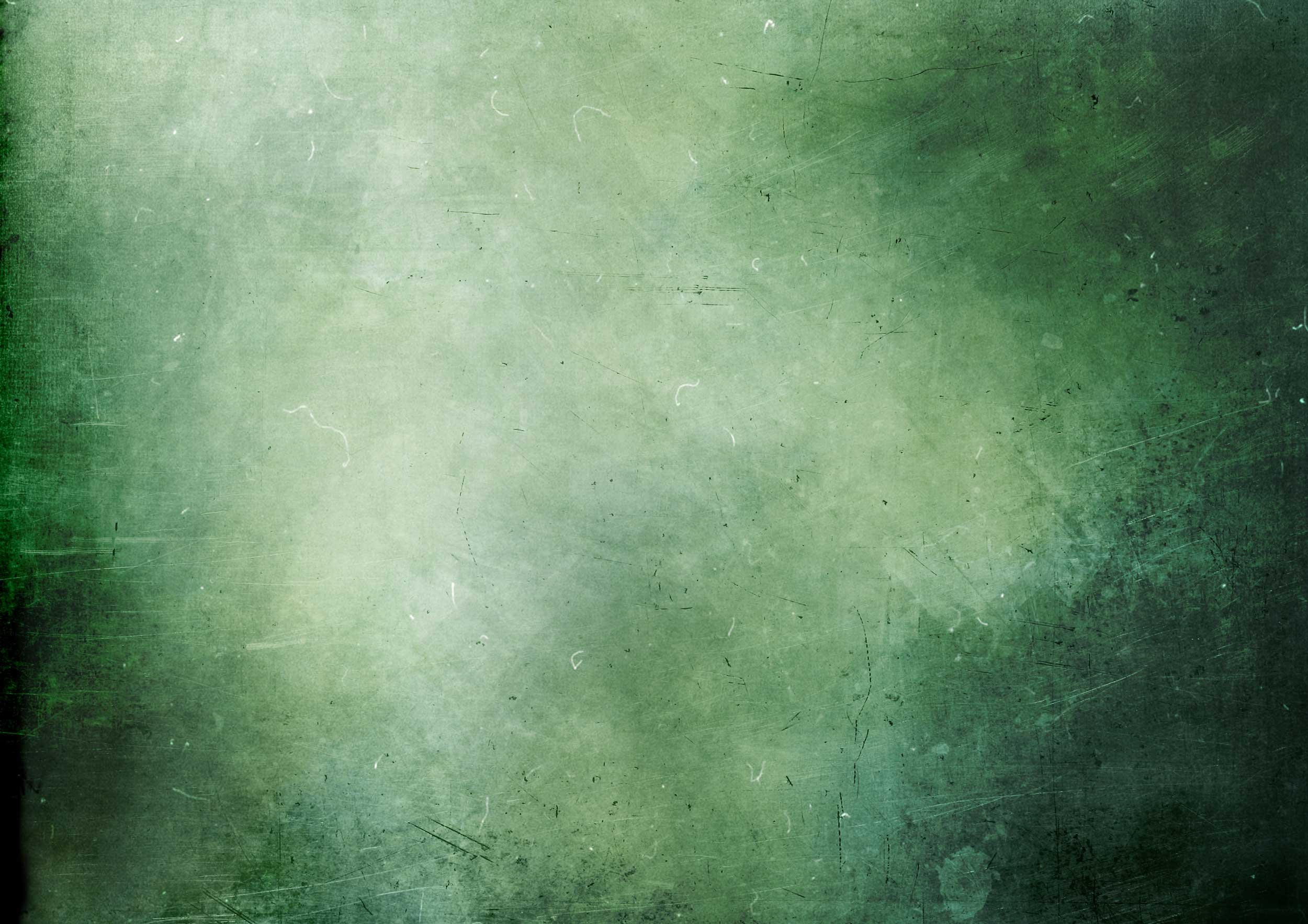












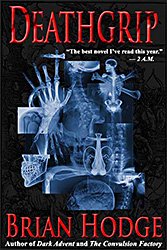






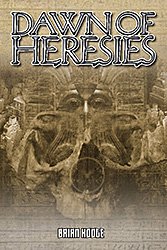


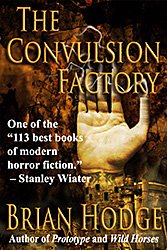








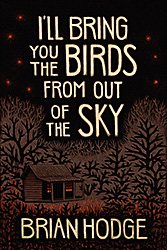

Lately I’ve started to feel as though I’m channeling some sort of inner George R.R. Martin. That might have once been a good thing. Now, though? Just the opposite.